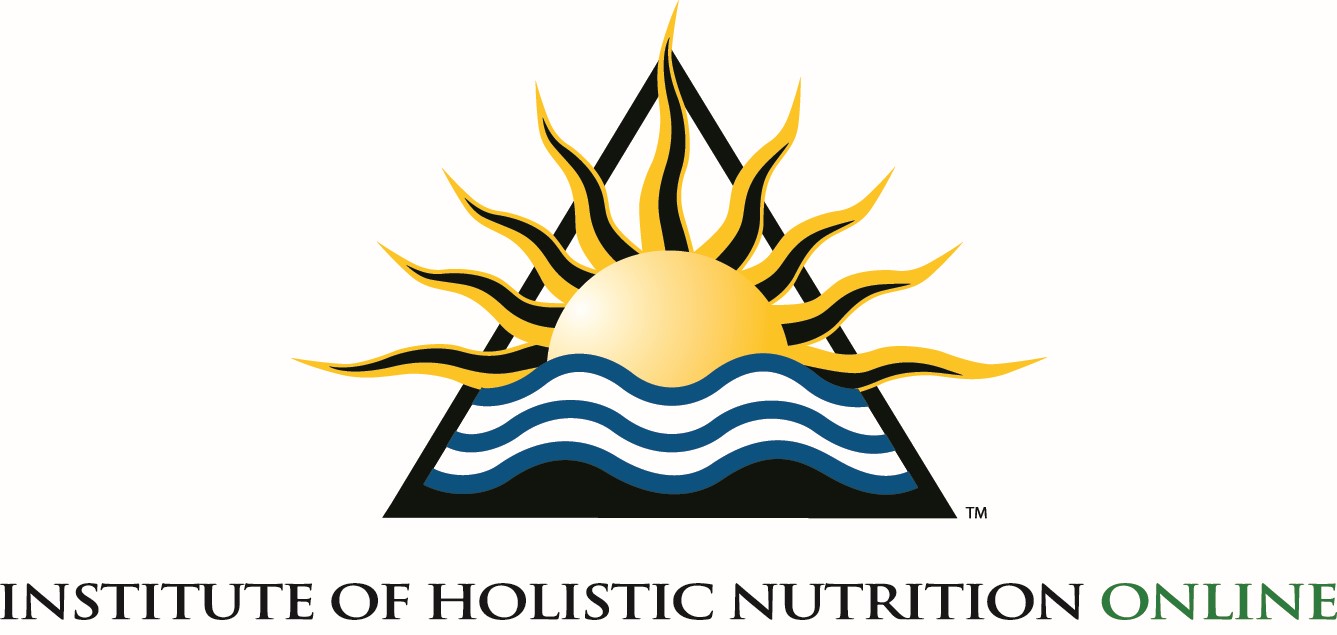
Corrie Rabbe, BA (Hons), CNP
Department(s): Faculty
Corrie Rabbe graduated from The Institute of Holistic Nutrition as a Certified Nutritional Practitioner with First Class Honours. She is also a Certified Herbalist from the Sage Mountain Herbal Retreat Centre.
Corrie received a Bachelor of Arts (Honours) in Environmental Studies program at Carleton University. She worked for animal welfare, conservation, and environmental non-profit organizations for over 15 years before becoming a CNP. She is passionate about sharing the message that a healthy ecosystem is needed for a healthy body, right down to the microbiome. Corrie is also a fermented food expert, having studied with Sandor Katz.
Corrie conducts educational workshops on Gut Health, Fermented Foods, and Herbalism through her company Radical Health. She has led and worked with a number of community organizations including Just Food, Transition Ottawa, and Permaculture Ottawa. In her spare time, Corrie can be found at her cottage working on her permaculture gardens and beekeeping. Corrie teaches Biological Chemistry, Body Metabolism, and Herbal Medicine for the Institute of Holistic Nutrition Online.
